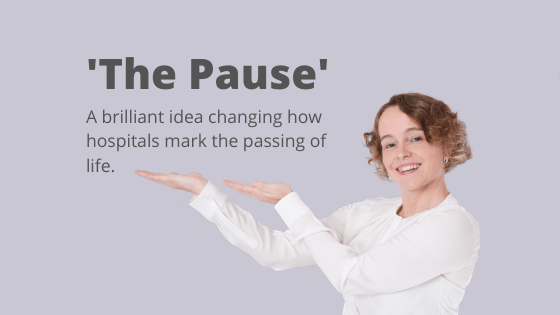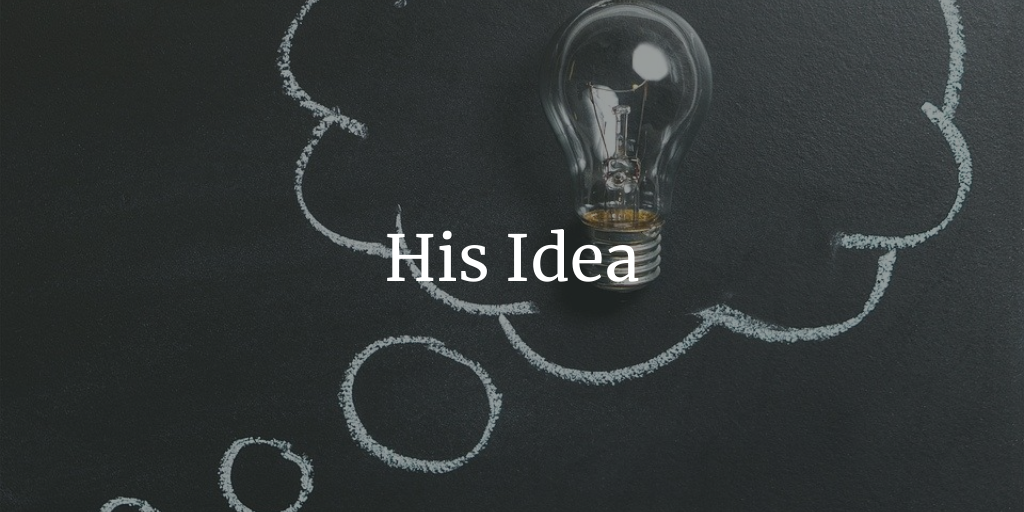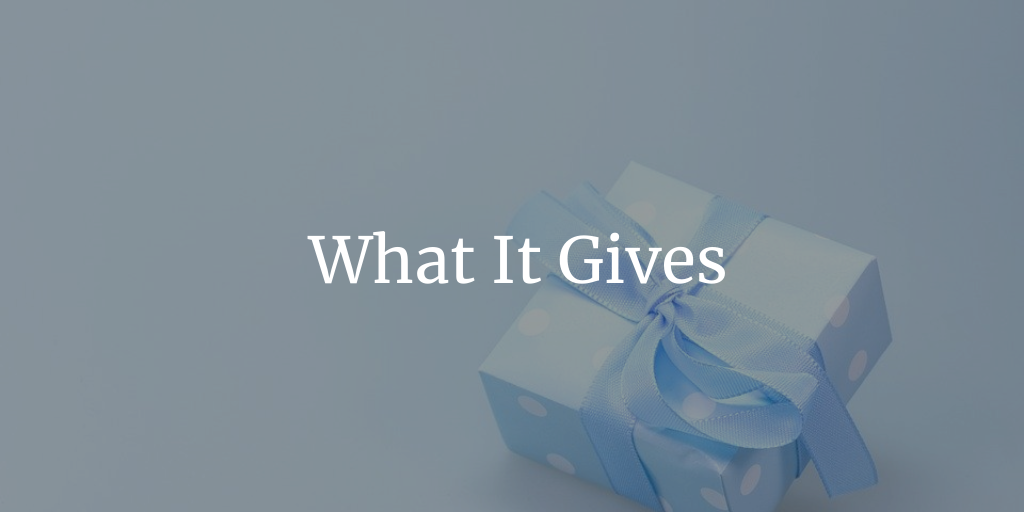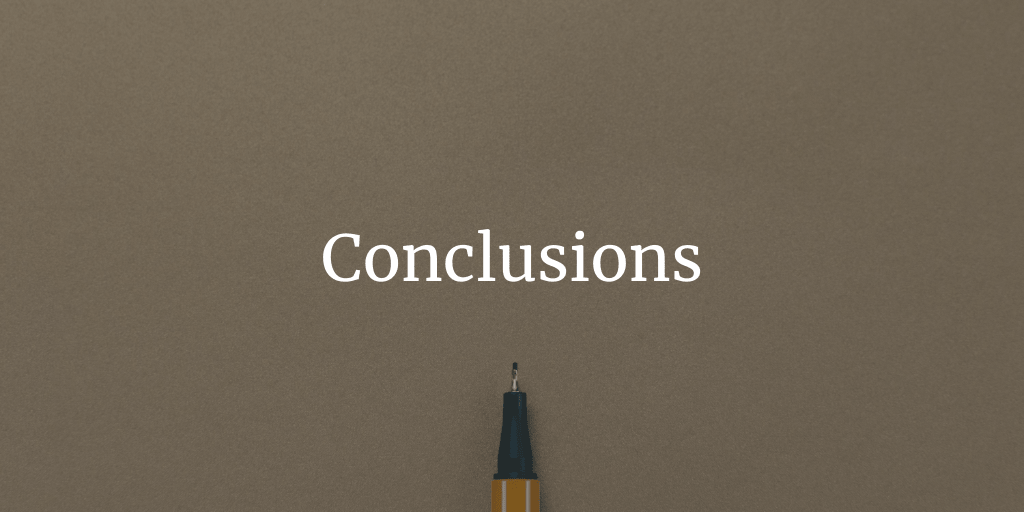|
Nurse Jonathan Bartels watched his colleagues throw off their gloves, turn away and leave the room. Later, he thought on their shared feelings of vacancy and defeat. Together, they’d just spent 45 desperate minutes trying to save the life of a young woman. This was the day he first conceived of, ‘The Pause’. Bartels’ idea was for all staff present to share 45 seconds:
It's a collective acknowledgement of the life now gone. Independent of faith or culture, it's taking a moment to consider those who’ve just lost a friend, a sibling, a parent. The Pause offers participants a breathing space. After a long period of intensity, - it offers:
Perhaps most important of all, it shows families their loved one had mattered. That a desperate battle had been fought to save their life. The Pause does this:
When I learn of an idea so simple, yet so powerful. I’m eager to adopt it into my own work. Its true that, at first glance, celebrant’s get involved a bit late for The Pause. But there’s always potential to improve yourself; a way to grow. I created a new Pause. When my duties to a family are complete. Before meeting the next family ... I take a minute:
In many of the funerals I conduct, I tell grieving families and friends, that people 'live on', in the thoughts and memories of all who knew them. For me, this is not some bandied platitude. What happens to a person's essence, their personality, their soul after death; defies observation or measure. The majority of theories of their fate are a matter of belief; of faith. It's unlikely they'll ever be proven. Whatever happens to our non-corporeal selves after death:
At least some of who we are, continues to exist. Each time I take a 'Pause'
What are your thoughts on 'The Pause'?
Would its use on someone you care for, bring comfort? Tell me in the comments. |
AuthorJoin me on a journey to learn more about the end of life, death, and funerals; all from a positive perspective. Archives
December 2020
Categories |






 RSS Feed
RSS Feed